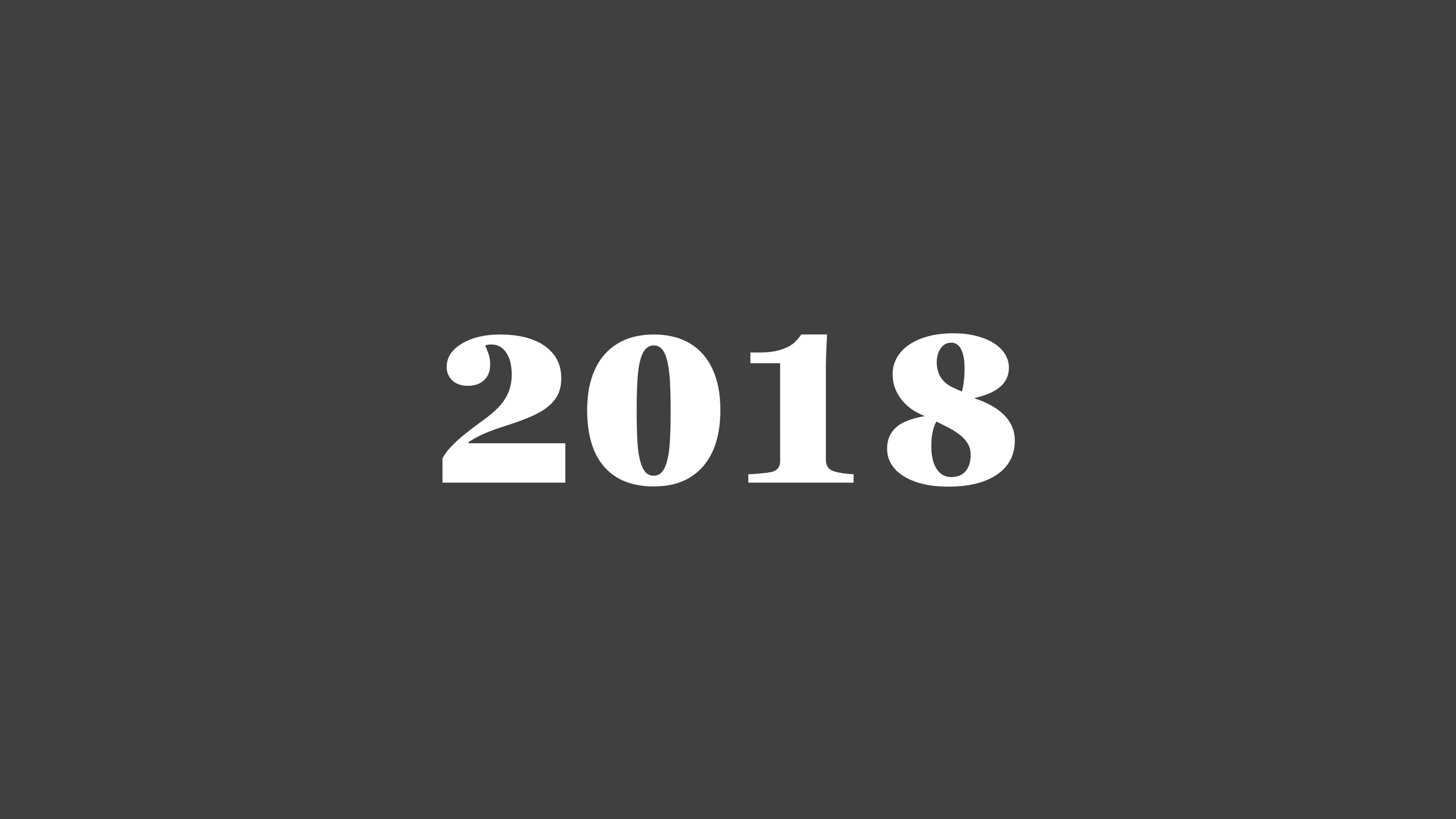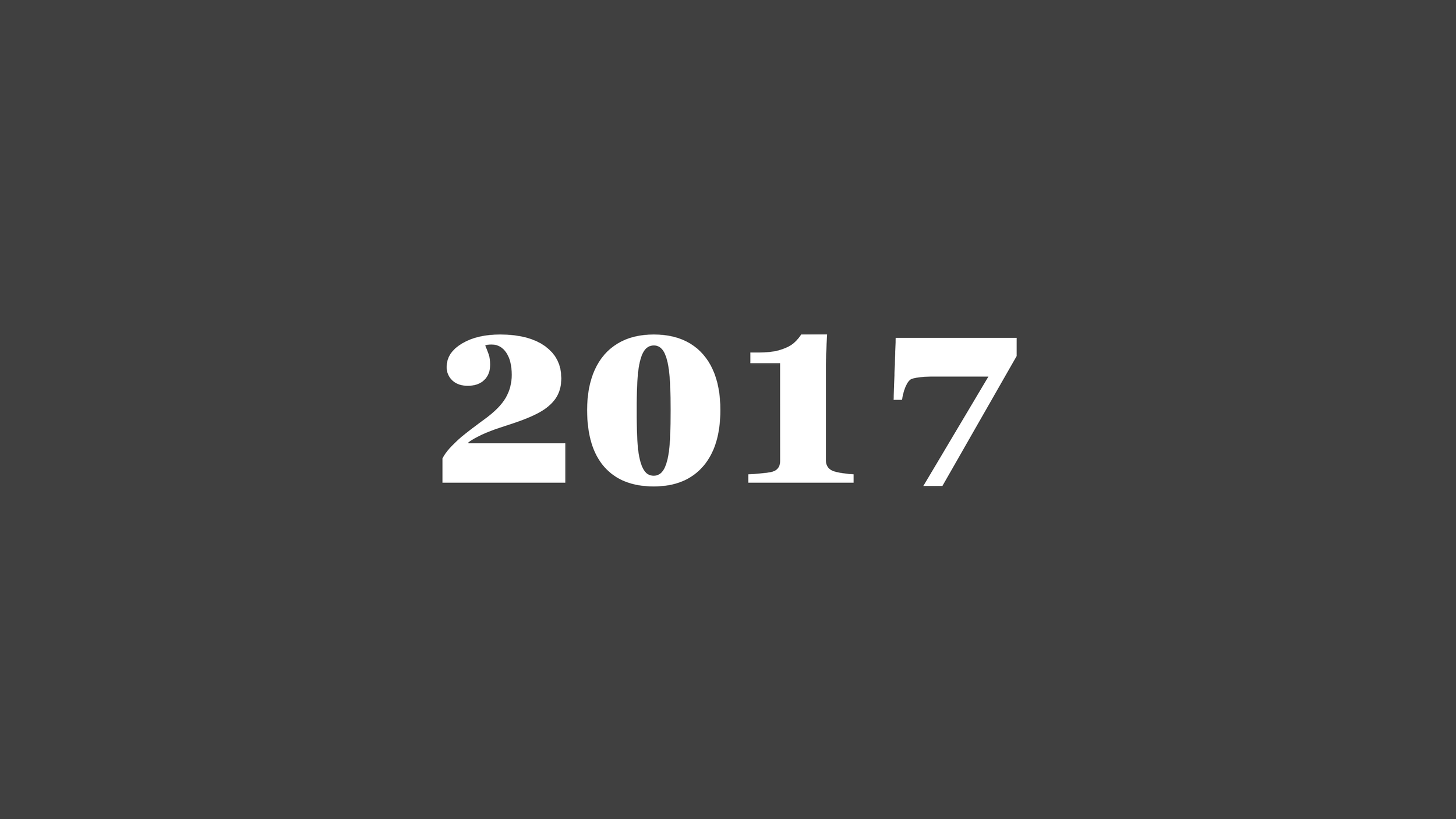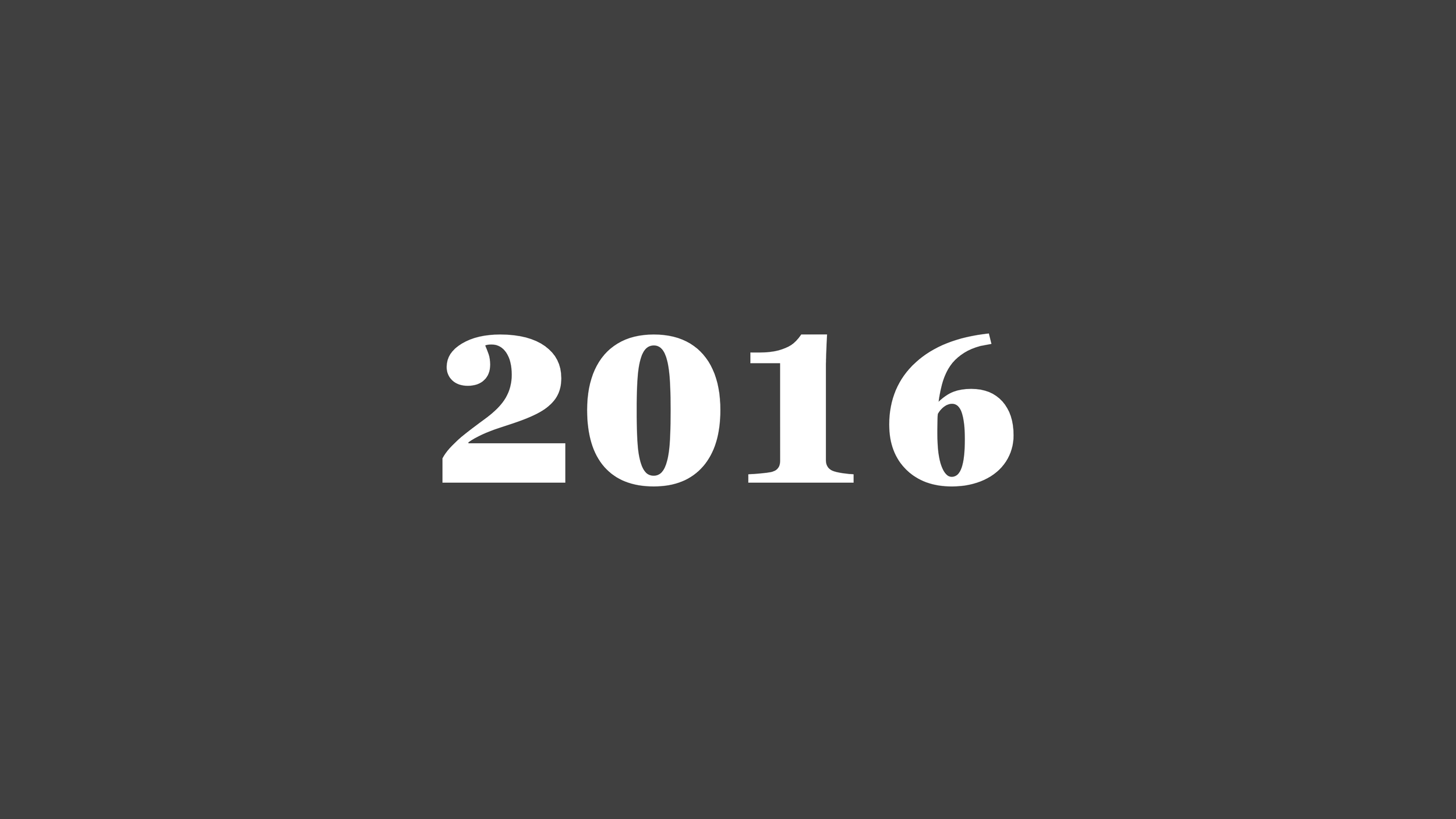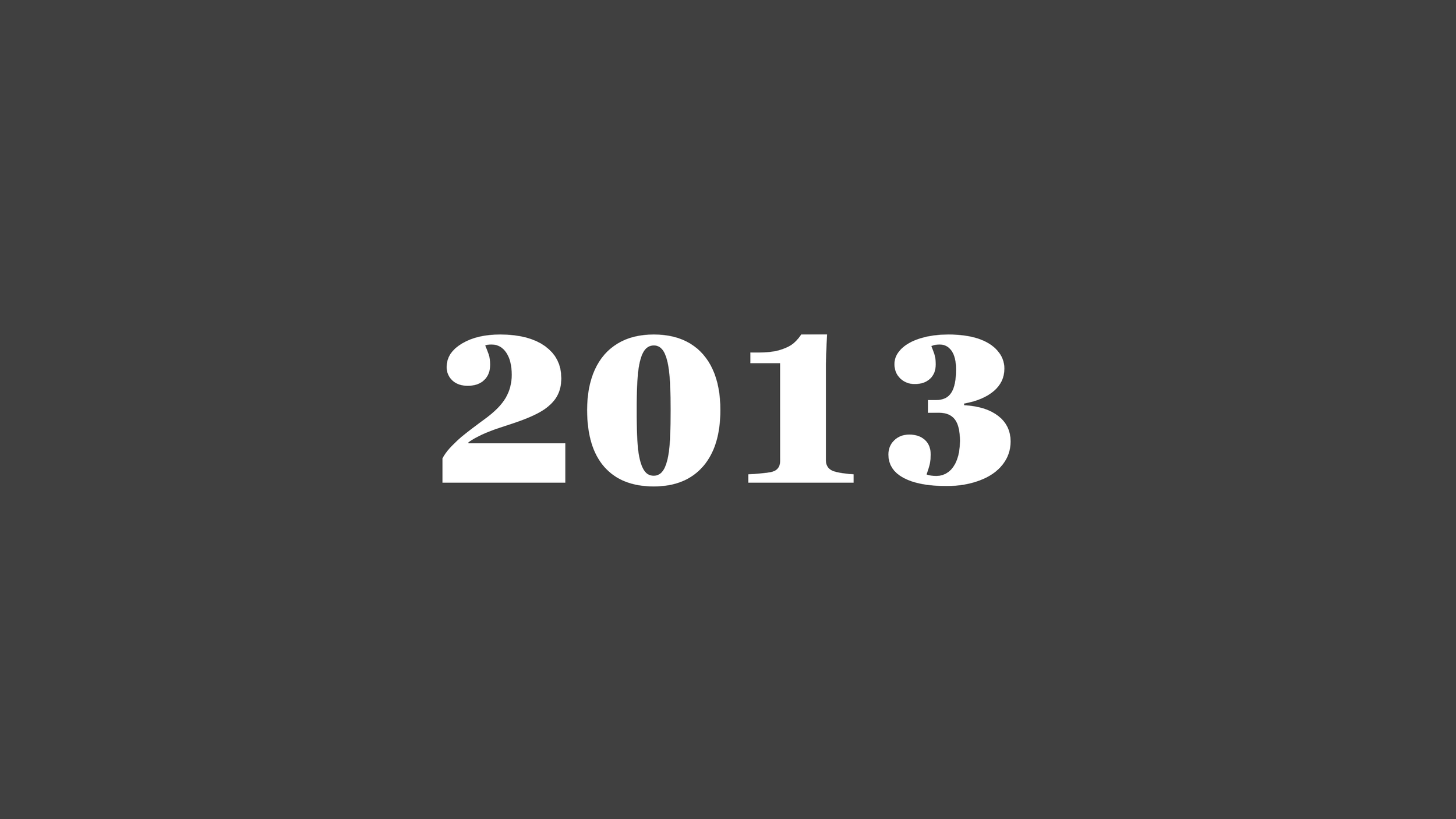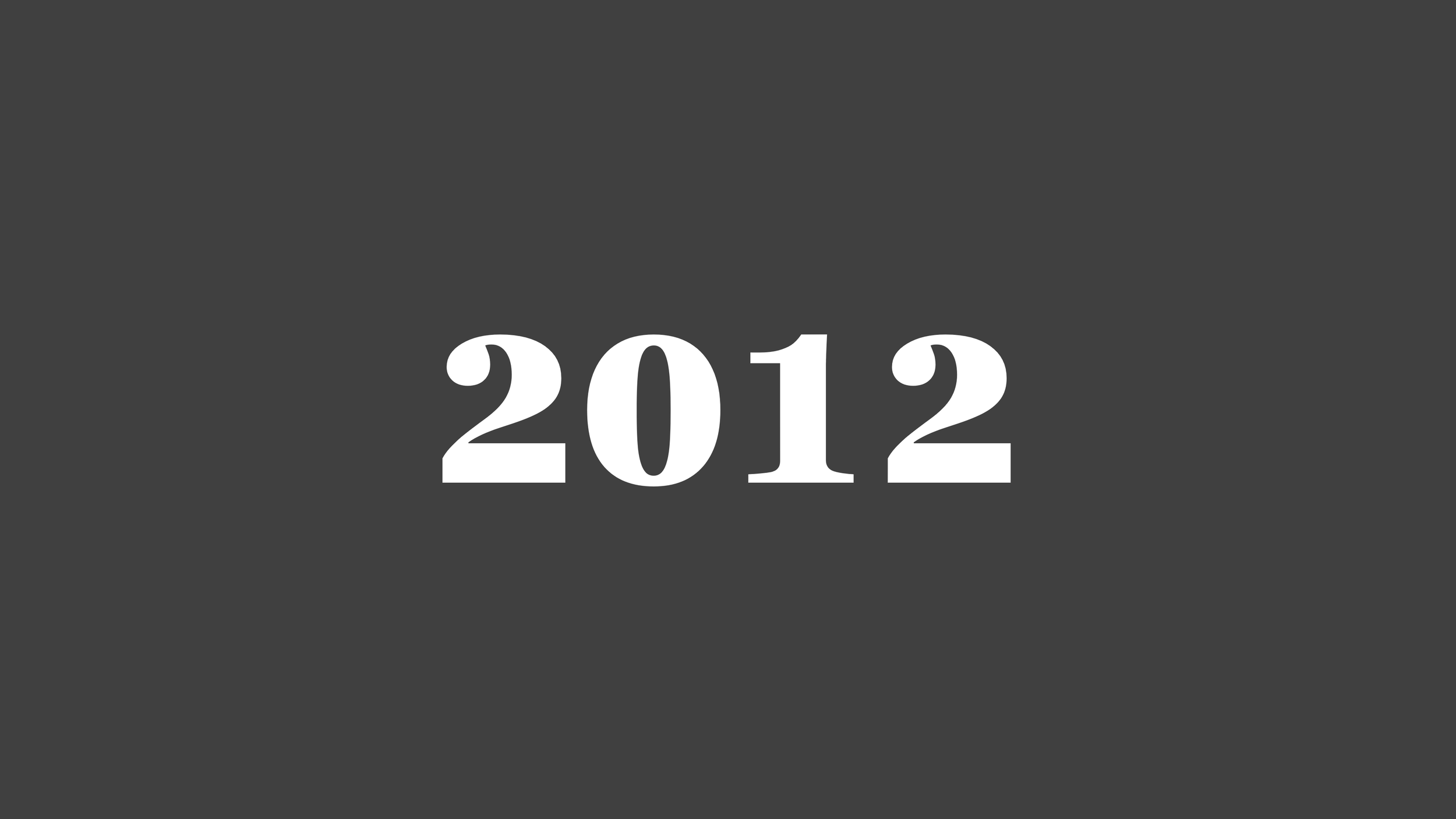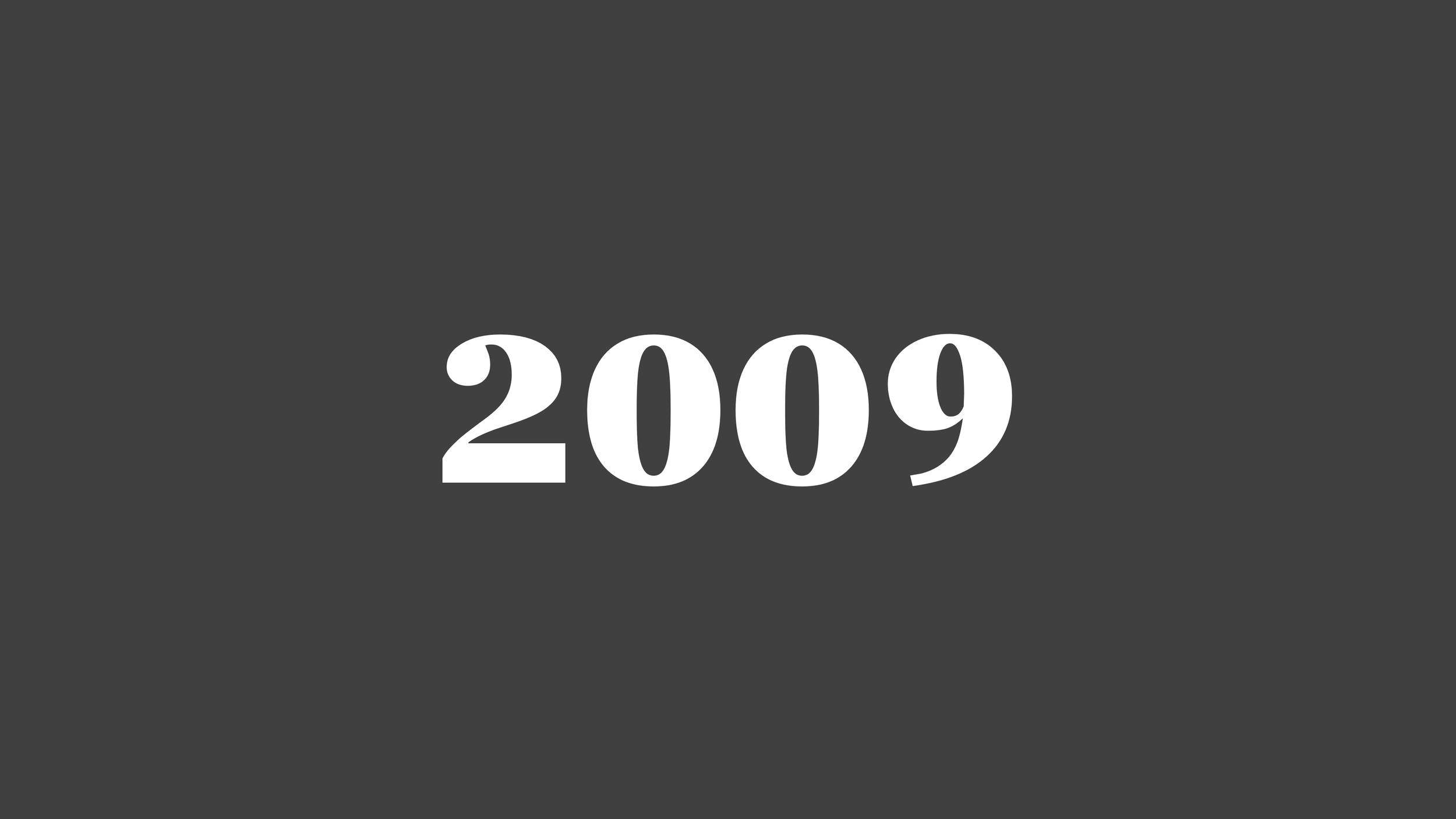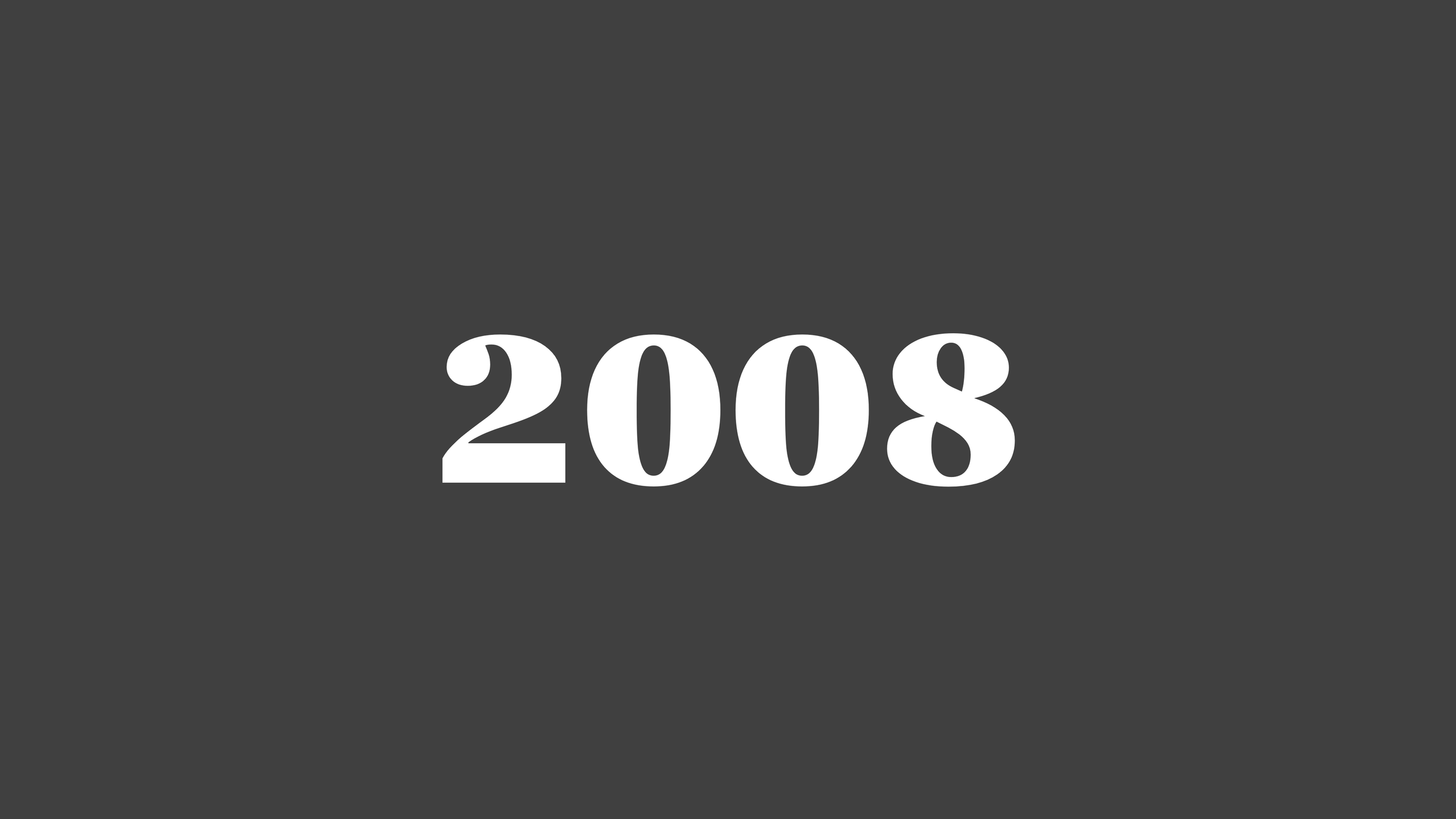
The Best Reason to Say “No”
In 2.5 pages in The Practice, Seth Godin explains how to strike a balance between saying “yes” and “no” to focus on the change we seek to make, the generous work of making our own contribution.
But beware. […]
Find the right thing to obsess about
Thank you, Seth Godin, for this wonderful snippet of an article, Very good at a simple game.
The key to playing this simple game is figuring out the how and then committing to doing it again and again. […]
What Should Exist?
I’ve been ‘marinating’ overnight on this question from James Clear’s 3-2-1 newsletter. “What should exist?” is a question from Paul Allen, the co-founder of Microsoft.
Clear’s newsletter this week focuses on resilience, growth, and new opportunities. I find it most timely as I’ve been revisiting visualization—not in the data visualization sort of way—but more in the way of using one’s imagination to create the life one wants.
Actually, as I write this, I realize we are generating data as long as there is still breath in us, so can we visualize the ‘data’ we are creating in the best possible way? […]
Good Sentences
I never thought I would find beautiful, good sentences in a business book such as Measure What Matters by John Doerr but found them I did. […]
The “Mundanity of Excellence”
The “Mundanity of Excellence” was coined by the sociologist Dan Chambliss. It says that really great performance often involves doing a lot of ordinary—even boring—tasks exceptionally over and over again, with the intention of trying to improve a little bit each time.
This ties in really neatly with the concept of “deliberate practice” as the improvement method in the book Peak by Anders Ericsson and Robert Pool.
When I came across the Mundanity of Excellence, […]
White Space
I enjoy reading Dorie Clark—be it her articles or books—and her podcasts and interviews are awesome too. A few days ago I started reading her latest book, The Long Game.
Part one of the book stood out to me: white space, which is essentially about carving out time for opportunity. Can we carve out 20% of our time working on what we think will benefit us most? The 20% concept was taken from Google where their employees are empowered to be more creative and innovative. Dorie says:
There’s something compelling about the idea of cordoning off time to experiment and see where your passions take you. […]
Disambiguate
I came across the word disambiguate while studying for the Coursera Technical Writing course. This topic piqued my interest and has become one of my passion (or curiosity) projects.
When course instructor Elena Bazanova mentioned “disambiguating” by “studying complicated things and then explaining them clearly,” that struck a chord with me. […]






